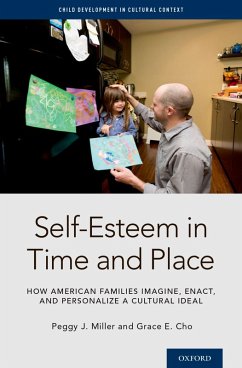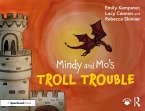The concept of self-esteem is a fixture in the psychological and moral landscape of American society. This is especially true in the arena of childrearing: images and references to self-esteem are ubiquitous in academic, educational, and popular media. Yet, until now, little has been known about what self-esteem means to parents or how self-esteem infiltrates everyday practices.
Self-Esteem in Time and Place reveals how self-esteem became a touchstone of American childrearing in the early years of the 21st century. At the heart of this book is the Millennial study, an empirical investigation of diverse families in one Midwestern town. European American, African American, middle-class, and working-class parents of young children embraced self-esteem as a childrearing goal and believed that fostering children's self-esteem was critical to their psychological health and future success. To achieve this goal, they enacted a high maintenance style of childrearing comprised of assiduous monitoring, copious praise, and gentle discipline. These practices differed dramatically from most cultural cases in the ethnographic record. Together, parents and children created an early moment in a child-affirming developmental trajectory. Three-year-olds developed a precocious ability to praise themselves and solicit praise from others. As active participants and inventive agents, children and parents alike engaged in a process of personalization, nuancing their views in light of their social positioning and infusing normative ideas and practices with personal significance. The result is an account of unparalleled depth and nuance that situates childrearing and self-esteem in time and place, traces its roots to 19th century visionaries, and identifies the complex, multi-layered contexts from which this enduring cultural ideal derives its meanings.
Dieser Download kann aus rechtlichen Gründen nur mit Rechnungsadresse in A, B, BG, CY, CZ, D, DK, EW, E, FIN, F, GR, HR, H, IRL, I, LT, L, LR, M, NL, PL, P, R, S, SLO, SK ausgeliefert werden.









